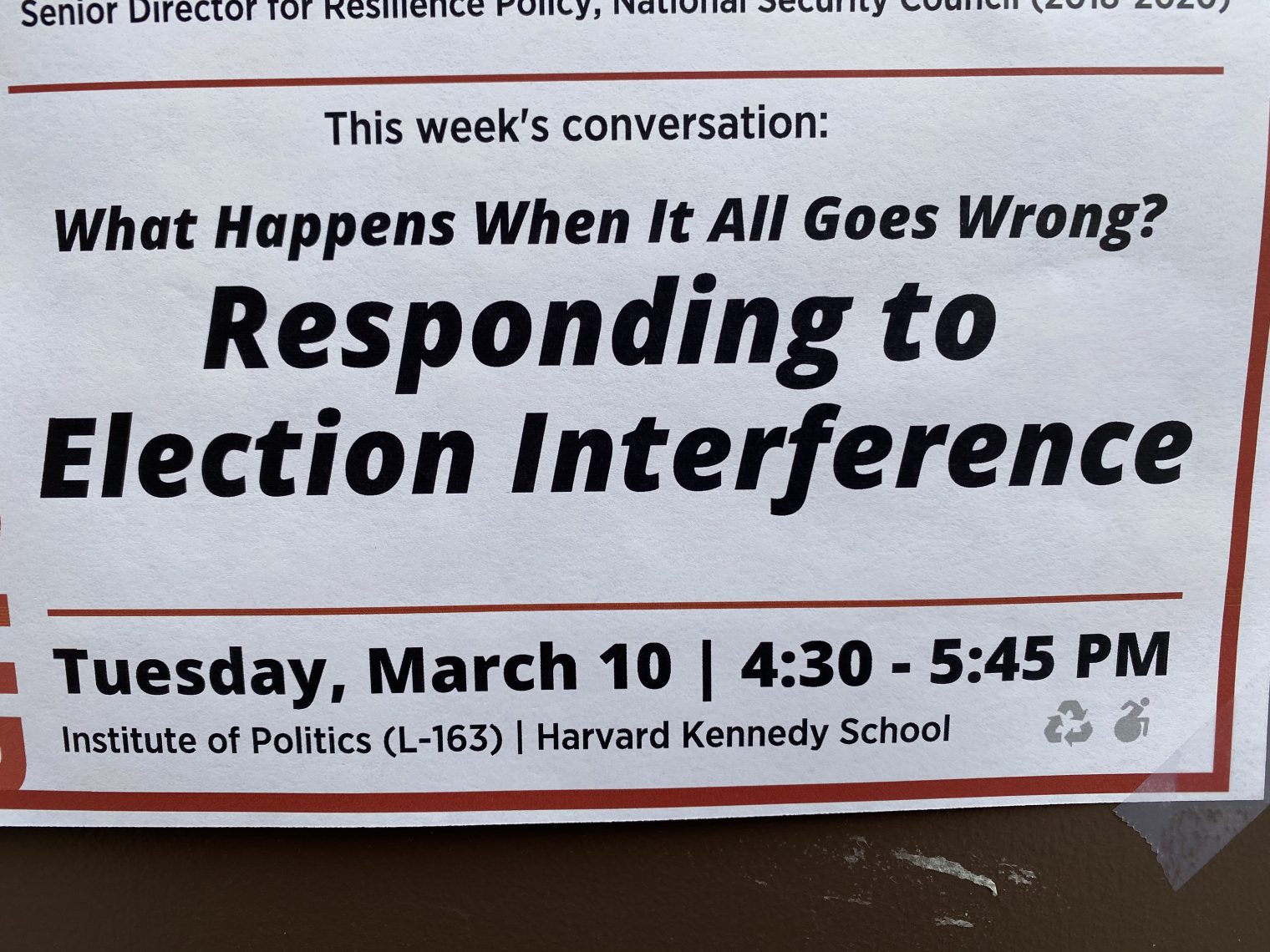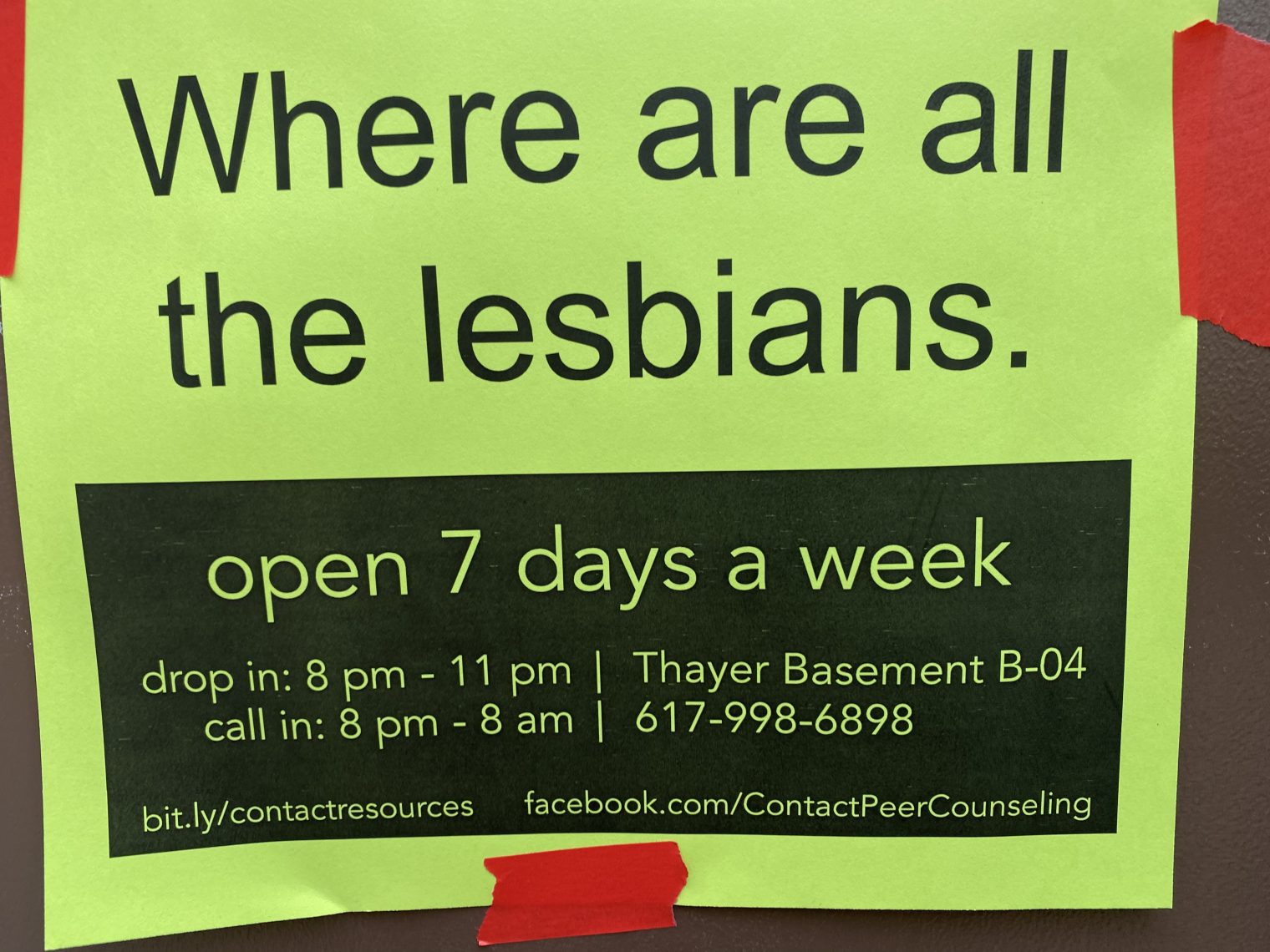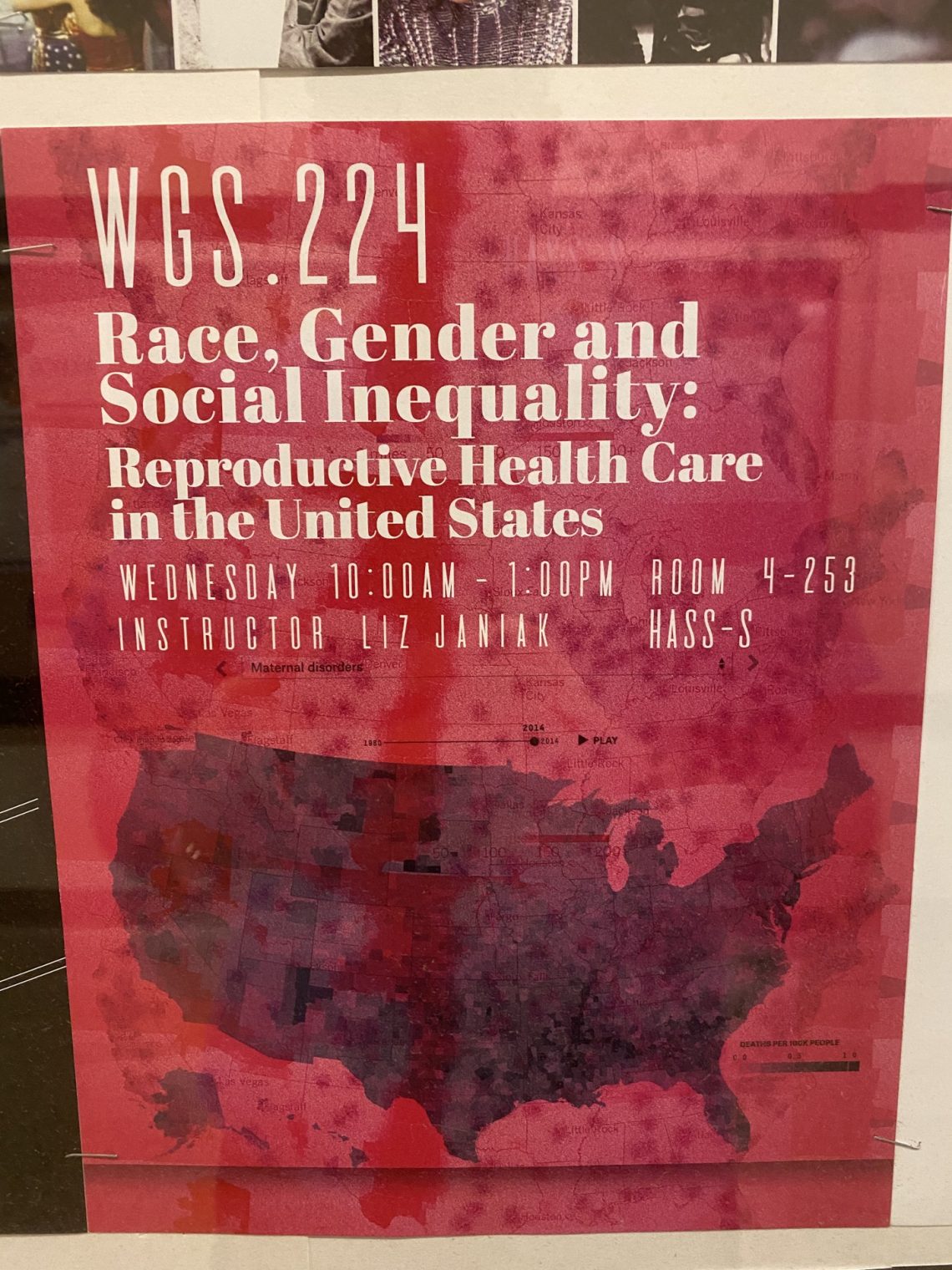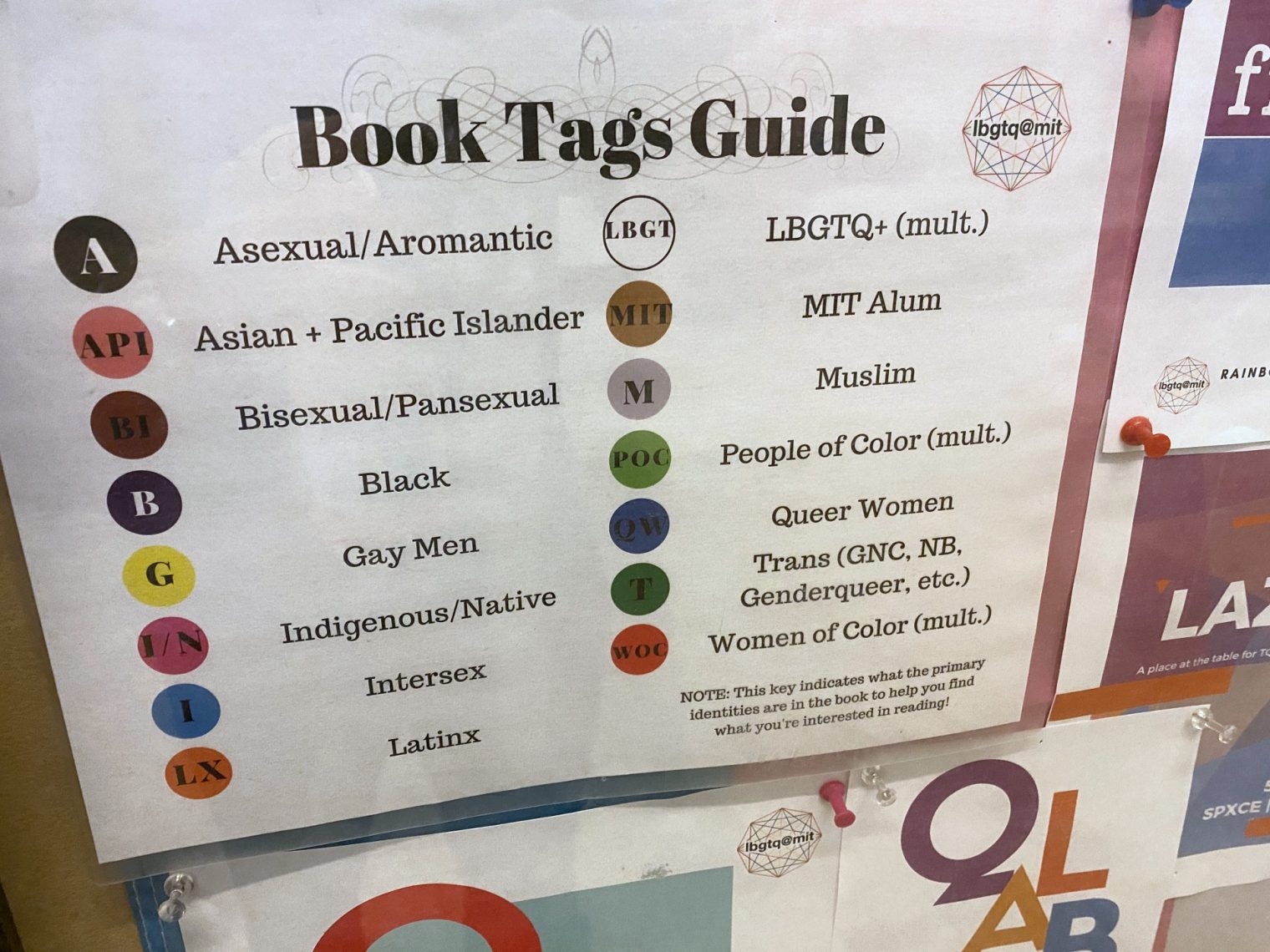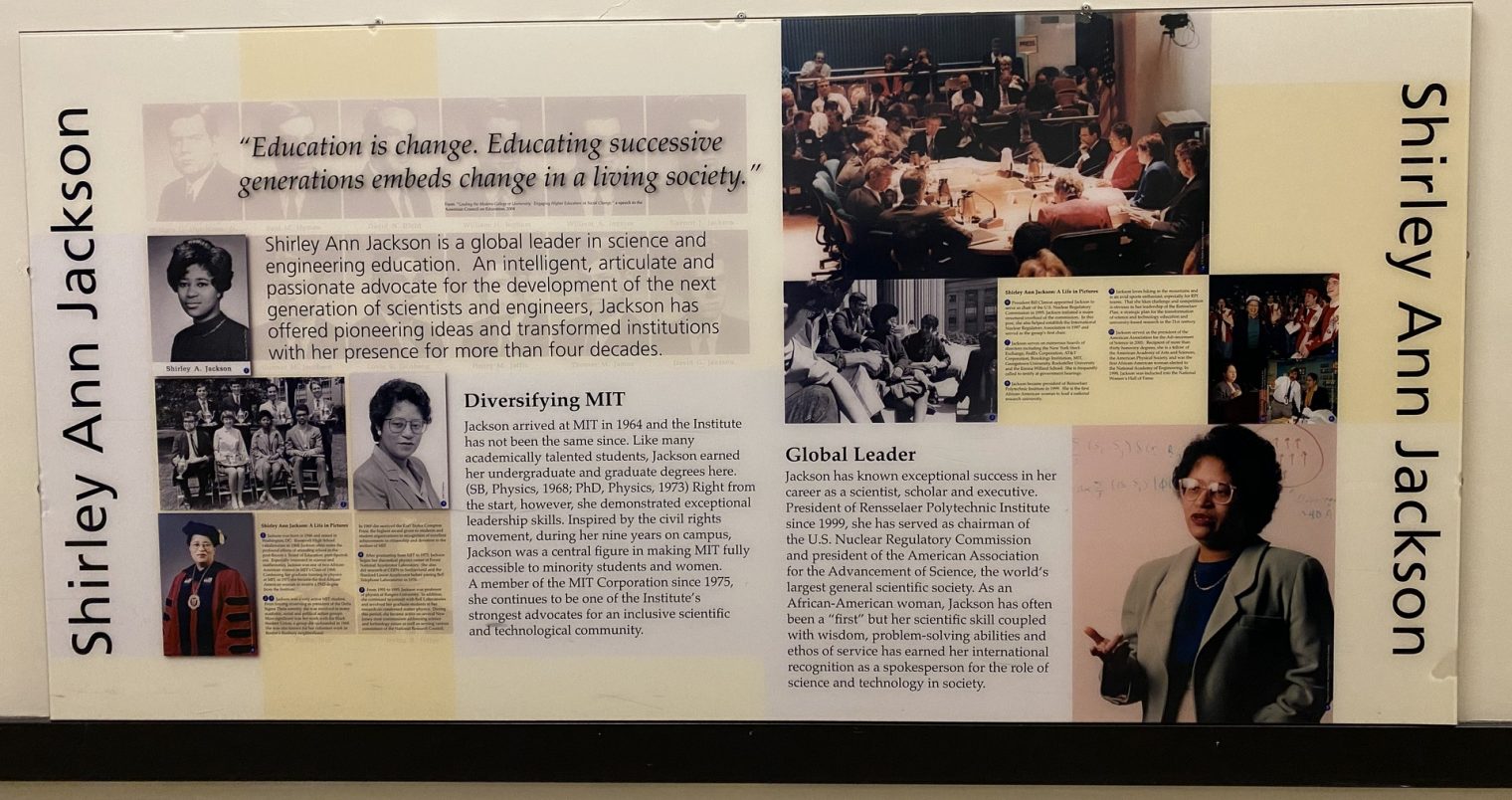Our ground school at MIT starts today (videos from last year linked from course web site). I’m hoping that there are no similarities with a recently finished novel: Campusland.
Epigraph:
Colleges don’t make fools, they only develop them. —GEORGE HORACE LORIMER
How to be a popular university president:
The protesters spotted Milton and instantly became animated. “Hey, Milton! Divest from Israel now! Stop the murder!” cried one. “Divest now! Divest now!” Their homemade signs thrust up and down like pistons. Milton smiled and walked over. “It’s great to see everyone. Really great.” He began shaking hands, much to the bewilderment of the protesters, who didn’t know what to do other than shake back. “Keep up the good work, and welcome back to school!”
Unrealistic: Mom walks out and leaves potential cash-fountain daughter with rich dad in Manhattan (perhaps an extremely poor understanding of New York family law?) After Dalton, Lulu ends up at Devon University, in “Havenport, Connecticut” (Yale?).
Her application was pushed over the finish line with a substantial check. … Her politics, to the extent she gave them much thought, closely adhered to the agendas of the benefits and political fund-raisers to which she aspired. This meant that by default she was a Democrat, like Sheldon (or she would be, as soon as she figured out how to register). She supported all the causes of the moment. Lately, she’d memorized a wholly impassioned-sounding plea for transgender rights that seemed to play well. Not that she’d ever met a transperson, but she was sure if she did, she’d know how to use the correct pronoun. Pretty sure.
The Progressive Student Alliance decides to target an English professor who includes Mark Twain in his syllabus, but not any African-American authors. The class is canceled and the professor goes on administrative leave and the subject of an investigation by Dean Martika Malik-Adams, Dean of Diversity and Inclusion. Lulu turns out to be his biggest defender against the diversity protesters, but things go south after a private moment in his office:
Lulu was drinking heavily, licking her wounds. She hadn’t told anyone about the incident in Professor Russell’s office, nor would she. There was nothing to gain from it. Sure, she’d been aggressive, but no one had ever turned her down like that, let alone heaved her unceremoniously onto the floor. Not even the ones with girlfriends. He must have known where she was going—she couldn’t have been more obvious, and she could feel him responding to her. How dare he humiliate her, especially after what she’d done for him!
After drunken sex with a frat boy, she falls and strikes a coffee table with her face.
Yolanda’s [graduate student RA] eyes narrowed. “Did someone do this to you?” “No, no one did anything.” “Something happened.” “Really, Yolanda, I just want to get a couple hours’ sleep and then get out of here…” “I smell alcohol, and your clothes are disheveled. What happened to you? Did you have sex with someone last night after drinking?” Yolanda’s eyes were now two slits. “Is there any other way it happens?” Lulu giggled, despite herself, which only made the pain worse. Why wouldn’t this woman go away? “You don’t understand. By university policy, a woman cannot give consent while under the influence. Sex under the influence is automatically assault.” Yolanda looked almost excited. As an RA, she’d had over thirty hours of mandatory training on sexual assault protocols, and she was sniffing the first opportunity to put her training to use. … Yolanda grew frustrated. “You’re not hearing me. In all likelihood, you’ve been raped, and on top of that someone obviously struck you. I’m a mandatory reporter, and— “A what?” “Mandatory reporter, which means I’m obligated by the Devon Committee on Title IX Enforcement to report this.” “Would you please relax? No one’s been raped.”
The book is in sync with the latest New York Times thinking that all U.S. wealth can be attributed to the profits of slavery (1619 Project):
One of the female students [occupying the president’s office] took up the reins. “This place, this place you call Devon, is white, white, white. It’s violent, in your face, everywhere you go. You, the university president, you’re white. It’s oppression. But know this: we owe you nothing. It’s Devon that owes us everything. We built this. This is ours. This place was built on the backs of our people, and yet we are second-class citizens on this campus!” The girl was so worked up tears were now steaming down her face. Milton nodded, as if in profound agreement, deciding not to point out that slavery was largely nonexistent in eighteenth-century New England when Devon was founded and was completely abolished by the time most of the current campus was constructed. But surely the girl was speaking metaphorically, and her pain was plainly real. “Please, tell me how I can help.”
[The occupation is eventually ended when the university agrees to require that all first-year students take a course titled “Identity and Privilege”.]
Lulu gets some inspiration from Columbia:
About halfway through, past the hard news, an article caught her attention. Called “Campus Nightmares,” it was about the wave of sexual assaults on American campuses. The victims—known as survivors—were bravely coming to the fore, exposing their pain for the common good. There was a lot about Emma Sulkowicz, the famous “Mattress Girl” at Columbia, who had carried a mattress around campus for an entire year to protest an alleged assault by a fellow student. Lulu thought there must be less exhausting ways to get attention, but she couldn’t argue with the results. Sulkowicz had become a campus celebrity and a feminist hero. She even got invited to one of Barack Obama’s States of the Union. Lulu googled Mattress Girl, and there were 2.7 million hits. Another girl had accused a teacher of assault and her whole campus had rallied around her cause. She was hailed with words like brave and pathbreaking and was said to be taking on the “power imbalance” between teacher and student. Something new was happening here. Victims as celebrities. Yolanda Perez had kept on her about that black eye last month, the one that forced Lulu to hide her first week in St. Barts. Perez had even shown up at her door with some woman from a campus feminist group. They pressed Lulu hard for a name, promising to “title nine his ass.” As much fun as it might be to get the hairy man-boy in trouble, Lulu didn’t have time for a bunch of dykes. As a likely English major, she was, however, intrigued that title nine was now being used as a verb. … She needed a plan. Simply being another run-of-the-mill “survivor” would not suffice. That market was getting crowded. Some of the early girls got a lot of play, sure, but only Mattress Girl had transcended her own campus. The mattress angle was clever, but it had been done. Lulu needed a bigger play, something original.
I don’t want to spoil the book too much, so let’s just say that she comes up with a brilliant plan.
The professor, meanwhile, goes through the Title IX process in front of Dean Martika Malik-Adams:
“Excuse me. A question, if I may. Where is the rest of the tribunal? If Ms. Coughlin is counsel, and Ms. Gomez is the stenographer, that just leaves … you.” “That’s correct.” “So where is everyone else?” “I am the tribunal, Professor Russell.” “Just you?” That lawyer warned him it might be the case, but Eph had found it difficult to believe that the university would put his professional future in the hands of a single person. “The majority of Title IX cases are adjudicated by a single person; it’s well within the federal guidelines. It’s a question of efficiency.” “Will there be an investigation? How does this process establish facts?” “I also perform that role, and it has already begun.”
Readers: is this factual or literary license? Can a university have a single person investigating and deciding Title IX cases, expelling students and faculty from campus?
Per usual, authors and editors don’t go a great job with general aviation. A rich alum is going to show up in his Gulfstream G650:
Since this was his first trip to Devon in his new iron, his people had had to call to make sure Havenport Airport’s lone runway had the necessary length. It did, if just barely.
(New Haven has two physical runways (four distinct numbers, one for each landing direction) and nobody would call an FBO or airport manager to find out the runway length, since this kind of information is available in public databases and web sites.)
More: read Campusland.
Full post, including comments 


